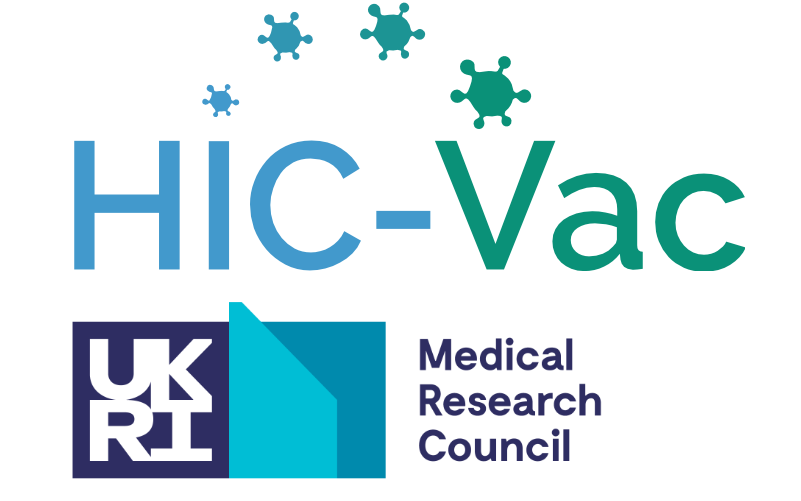Five research teams are each receiving around £100,000 of seed-funding to help set up or improve human infection studies to better understand diseases, how they spread and develop ways to prevent or treat them.
The HIC-Vac network is a joint initiative between the MRC, the Biotechnology and Biological Sciences Research Council (BBSRC), and the Global Challenges Research Fund (GCRF). The HIC-Vac network is directed by Professor Peter Openshaw led from Imperial College London, with the Deputy Director, Professor Andrew Pollard, based at the University of Oxford.
Human infection studies involve people volunteering to take part in research that purposefully exposes them to a disease-causing microbe (including a wide range of bacteria, viruses, and parasites) in a carefully managed and safe way. Doctors and scientists can then study how the infection takes hold, the early immune response, and test new vaccines and treatments.
The HIC-Vac network has been given £2.6 million – with the MRC as the main contributor – to support human infection studies until 2021. The projects are focused on diseases that cause a large health burden in low and middle income countries. The funded teams have domestic and international reach, spanning the UK, Asia, Africa, and Europe.
The projects include laying the foundations to set up a human infection study to research Group B Streptococcus (a leading cause of infection in newborn babies), developing ethical frameworks to support the international landscape for carrying out studies in different countries, and studying genetic responses to microbes to underpin potential new genetic diagnostic tests for infections.
Professor Peter Openshaw, Director of HIC-Vac and Professor of Experimental Medicine at Imperial College London, said: “We urgently need to develop new diagnostic tools, treatments and vaccines to reduce the global impact of infectious disease, and controlled infection studies involving volunteers greatly accelerate their development. Our funding has brought together some exciting new collaborations, and could have a substantial impact on diseases with significant global burden.”
Dr Martin Broadstock, Programme Manager for Immunology at the MRC, said: “Human infection studies are fundamental in understanding disease because they provide an insight into the early immune response to infections and the factors that protect people. Our hope is these projects receiving funding both underpin new ways to combat infections, and build a clearer picture of the ethical issues linked to human infection studies to support their international conduct.”
The funded projects, each receiving around £100,000 in pump-priming grants, are:
- Developing a controlled human infection model for Group B Streptococcus: Dr Kirsty Le Doare, St George’s, University of London
- Building an international platform to develop ethical frameworks for the conduct of Controlled Human Infection Models in Low and Middle Income Countries: Evelyne Kestelyn, Oxford University Clinical Research Unit, Vietnam
- Identifying host gene biomarkers of bacterial infections using human challenge models: Dr Daniel O’Connor, University of Oxford
- Global identification of protein antigen antibody responses after exposure to live attenuated Streptococcus pneumoniae: Professor Jeremy Brown, University College London
- Gene expression profiling of candidate vaccine antigens of group A streptococcus (GAS) in the upper airways during natural infection, after infectious challenge and during viral co-infection: Dr Alice Halliday, University of Bristol
You can read more about the individual projects here.
This UK funded award is part of the EDCTP2 programme supported by the European Union.

